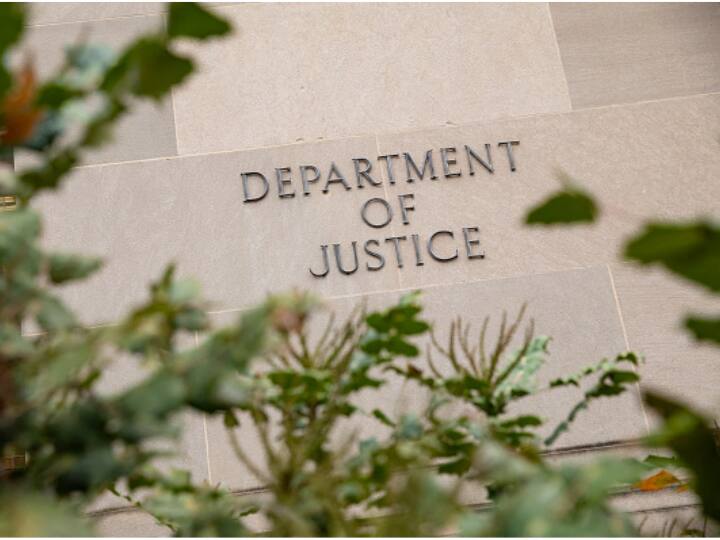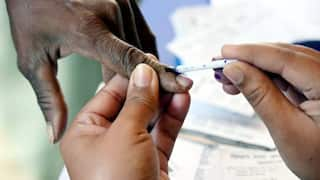Chinese Telecom Operator Recruited Motorola Staff To Steal Trade Secrets: US
The US Department of Justice (DoJ) has charged Chinese telecom firm Hytera Communications Corp with allegedly stealing trade secrets pertaining to digital mobile radios (DMRs) belonging to Motorola.

New Delhi: The US Department of Justice (DoJ) has charged Chinese telecom firm Hytera Communications Corp with allegedly stealing trade secrets pertaining to digital mobile radios (DMRs) belonging to Motorola. The trade secrets included hardware, radio software architecture, benchmarking strategies, connectivity module designs, and DMR source code, ZDNet reported on Tuesday.
Hytera "recruited and hired Motorola Solutions employees and directed them to take proprietary and trade secret information from Motorola without authorisation," said the DoJ in the indictment unsealed in the Northern District of Illinois. "Hundreds of Motorola employees spent years developing the hardware and software solutions to design, manufacture, market, and sell DMRs," said the DoJ.
"By 2007, Motorola marketed and sold DMR products in the United States, and elsewhere, including the Northern District of Illinois."
Three years later, Hytera launched its own commercial shift to DMRs, with sales made by affiliates in the US. Former Motorola employees were recruited with high salaries and more benefits than they were offered by their ex-employer. They were asked to use Motorola's "proprietary and trade secret information to accelerate the development of Hytera's DMR products, train Hytera employees, and market and sell Hytera's DMR products".
In a statement, Motorola said the company will continue to pursue Hytera "to prevent Hytera's serial infringement and to collect the hundreds of millions of dollars in damages it owes to Motorola Solutions". If found guilty, the telecom firm may be required to pay up to "three times the value" of the stolen intellectual property.
"A federal district court judge will determine any sentence after considering the US Sentencing Guidelines and other statutory factors," the DoJ said.





































